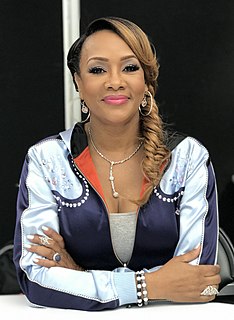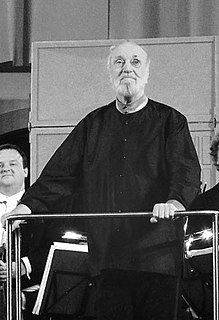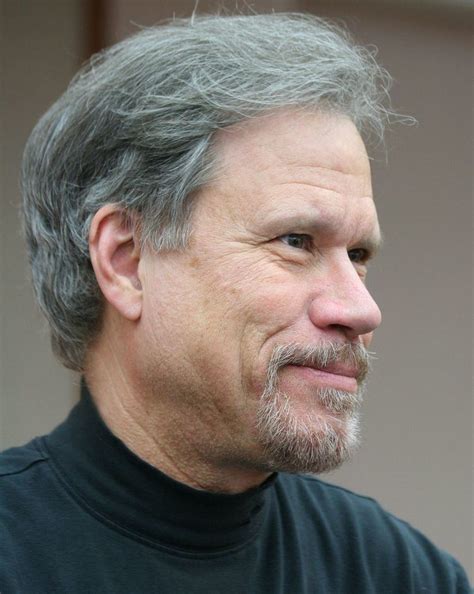A Quote by Jennifer Damiano
When you put the musical in front of an audience, you get to see how the audience reacts.
Related Quotes
I started to make harder jokes before anyone else did. And the producers would get anxious. They'd say, 'That's a little bit hard-edged, isn't it?' And I'd say, 'Let's just try it and see how the audience reacts. If they don't like it, let's cut it out.' And the audience roared with laughter, so I learned you could do this harder humor and people loved it.
When you play a smaller, more intimate venue, you can have real conversations with your audience, take risks, and stay current. You can also change the set list, on how the day feels or how the audience reacts. When you do arena shows, every arena looks and feels the same. You can't see who is in the room.
Sometimes, you know how good certain people are and then you actually get to see them have the kind of matches you know they can have in front of an audience that isn't used to seeing that. Then, in a few minutes the audience is on the edge of their seats, just through the sheer craftsmanship of their abilities.
Audiences of critical thinkers are my favorite kinds of audiences. There are jokes I tell in the show that don't get laughs unless I am in front of an audience of critical thinkers. Put me in front of a crowd of science teachers or astronauts! The guileless aren't our audience - it's the critical thinkers we love.
I always tell that to young people - go to college, do theater, work with an audience. Don't try to learn how to act in front of millions and millions of people. Don't make that your first ambition, to be on a sitcom or get into the movies. Learn who you are as an actor, and the best way to do that is to do it in front of an audience.
I do think - I always tell that to young people - go to college, do theater, work with an audience. Don't try to learn how to act in front of millions and millions of people. Don't make that your first ambition, to be on a sitcom or get into the movies. Learn who you are as an actor, and the best way to do that is to do it in front of an audience.
Of course, when you see [ musical numbers] in the movie [Out To Sea ], it's cut into a lot with other scenes, but we shot the number straight through, so here I am doing it, and sitting right in front of me in the audience was Donald O'Connor. And I was, like, "Oh, my God, I can't believe I'm performing a musical number in front of Donald O'Connor," who's one of the greats of the silver screen. But it was a thrilling experience, it really was.
I enjoy journalism; anybody does. You see the results immediately; you've got an immediate audience instead of having to wait for your audience as you do if you're writing a book, and you get a bit of money coming in, and you can see more clearly how you're paying the bills. But it's not a good position for the serious novelist to be in.



































